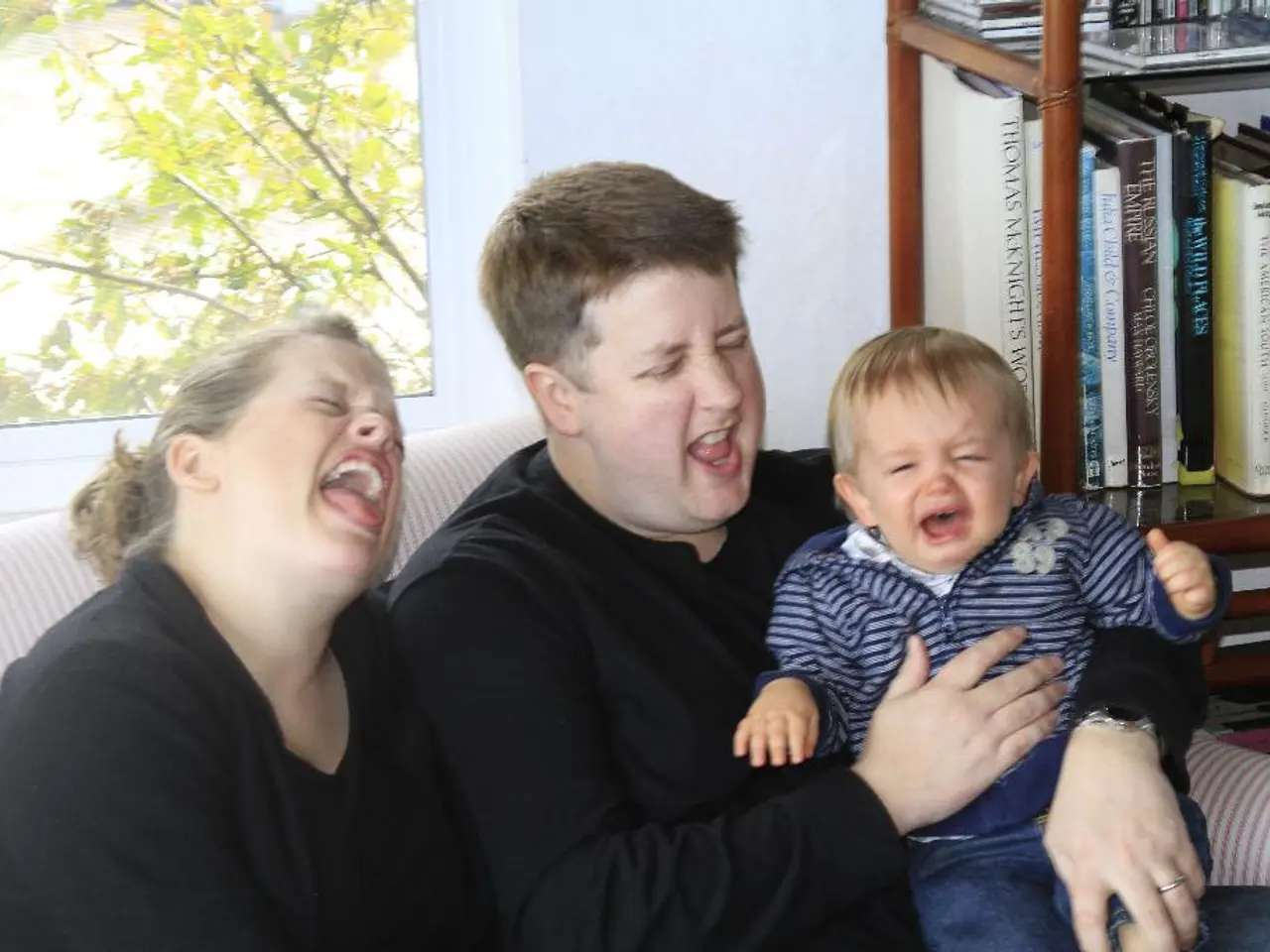Exploring the Dark Side of Emotional Overflow: Understanding the Concept of Trauma Dumping
In our daily lives, it's essential to take an inventory of our relationships and evaluate our emotional well-being. If you find yourself feeling unfulfilled, depressed, or anxious, it might be a sign that certain relationships need attention.
One common issue that can harm relationships is trauma dumping. This term refers to the oversharing of difficult emotions and thoughts with others, often without regard for their feelings or boundaries. Trauma dumping can occur in individuals experiencing depression, anxiety, post-traumatic stress, or stressful home or work environments.
Trauma dumping can negatively impact both the person sharing and the listener. The person receiving the trauma dump often feels overwhelmed and helpless because they aren't sure how to respond or may not be given an opportunity to respond. This can lead to feelings of frustration and resentment.
It's crucial to express your feelings honestly and what you want to get out of your relationship. If you feel dismissed or like your relationship is one-sided with someone who is trauma dumping, it's important to communicate your concerns. Dr. Bessel van der Kolk, a renowned psychologist who deals with trauma, can provide guidance through her clinical practice or workshops specializing in trauma therapy.
To avoid trauma dumping, it's essential to set certain boundaries in your relationships. Only talk about certain topics with those you trust the most or the people who have the capacity to help. Consider whether the person you shared traumatic feelings with feels comfortable sharing their own traumas with you.
Healthy venting involves sharing frustrations with someone, having mutual venting, taking accountability for mistakes, being open to finding solutions, and putting a time limit on the venting session. This allows both parties to share their feelings without crossing boundaries or causing unnecessary stress.
If you recognise trauma dumping in someone else, talk to them directly about your concerns. If you have noticed that friends or family members have withdrawn from you because of trauma dumping, take responsibility for your actions by improving your mental health, apologising to those who have been impacted, and working towards setting healthy boundaries in your relationships.
Remember, trauma dumping is not a clinical term used by mental health providers. If you are unsure if you are a trauma dumper, ask yourself if the person you shared difficult trauma with got a chance to share their own feelings. If not, it might be a sign of trauma dumping.
Lastly, consider if there are certain topics you should share with a therapist instead. A professional therapist will provide a safe space for you to talk about any mental hardships you may be experiencing. If you feel the need to share traumatic experiences, it's always best to find a professional who can help you process these feelings in a healthy and supportive manner.
Examples of trauma dumping include a coworker sharing specific details of a difficult divorce during a casual lunch with colleagues, or a friend sharing details of a toxic relationship without allowing the other person to talk about their day. To stop trauma dumping, reflect on whether you are sharing your difficult feelings at an appropriate time and ask the person if they felt overwhelmed by what you were talking about.
By understanding and managing trauma dumping, we can foster healthier, more supportive relationships with the people around us.
Read also:
- Vaccination drive targeting infants under 6 months old against bronchiolitis in the region of Andalucia
- Biopsy Basics: Objectives, Varieties, and Potential Hazards - Healthline Illuminated
- Guide to Effective Utilization: Advanced Practice Providers - A Comprehensive Video Tutorial
- Conventional Medicine's Domain Shrinks as Complementary and Alternative Therapies Gain Popularity






